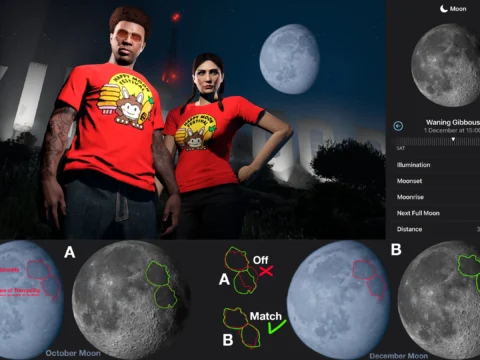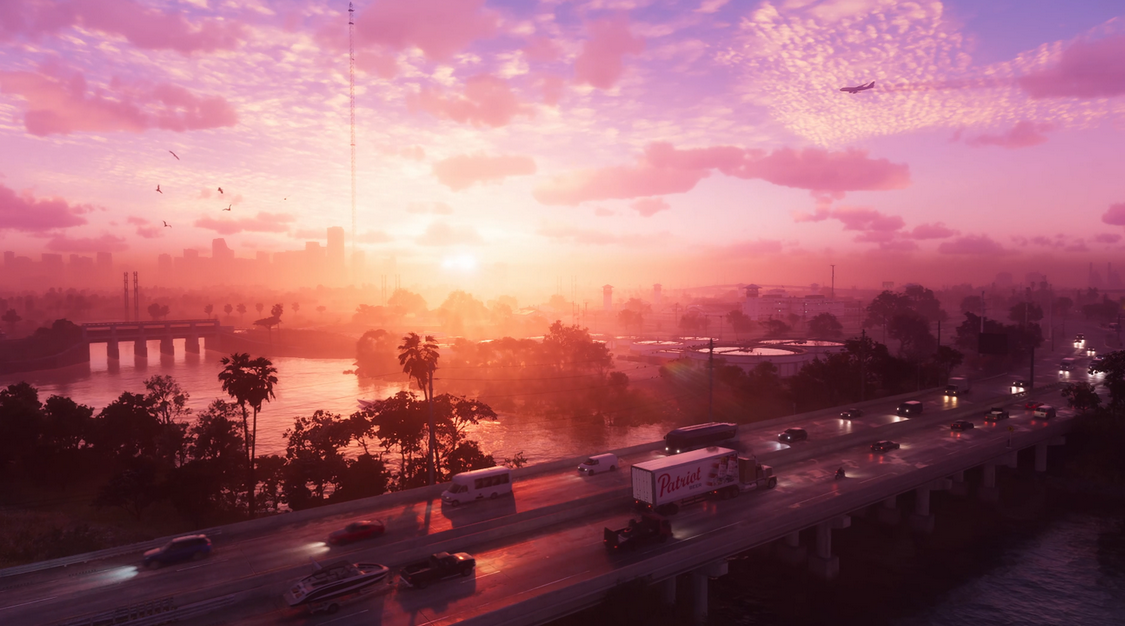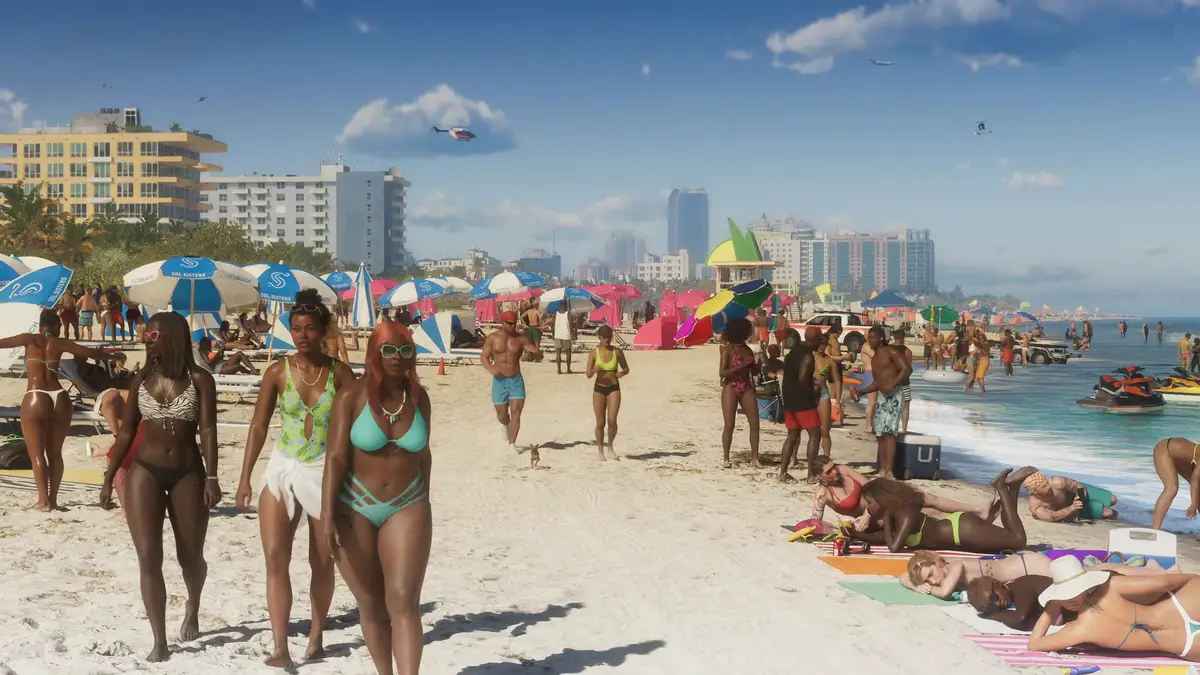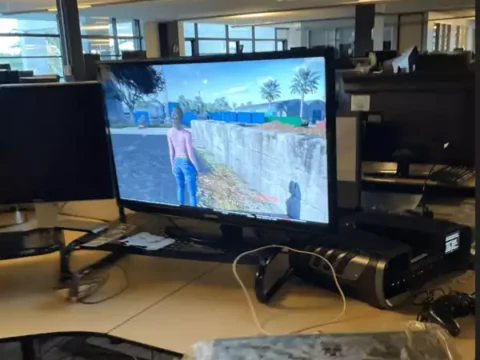
SAG-AFTRA game actors are currently on strike against some of the biggest companies in the industry over AI, but that won’t impact the most anticipated game of 2025: Grand Theft Auto VI. It’s one of several in-development projects that is exempt from the labor action.
“I can confirm GTA VI is exempt,” a spokesperson for the the publishers involved in the dispute—which includes Rockstar Games parent company Take-Two—told Kotaku in an email. That’s backed up by a search result in a SAG-AFTRA database of struck projects which shows members are still allowed to work on the upcoming open world shooter during the strike. According to the spokesperson, Audrey Cooling, any game already in development before September 2023 is also exempt.
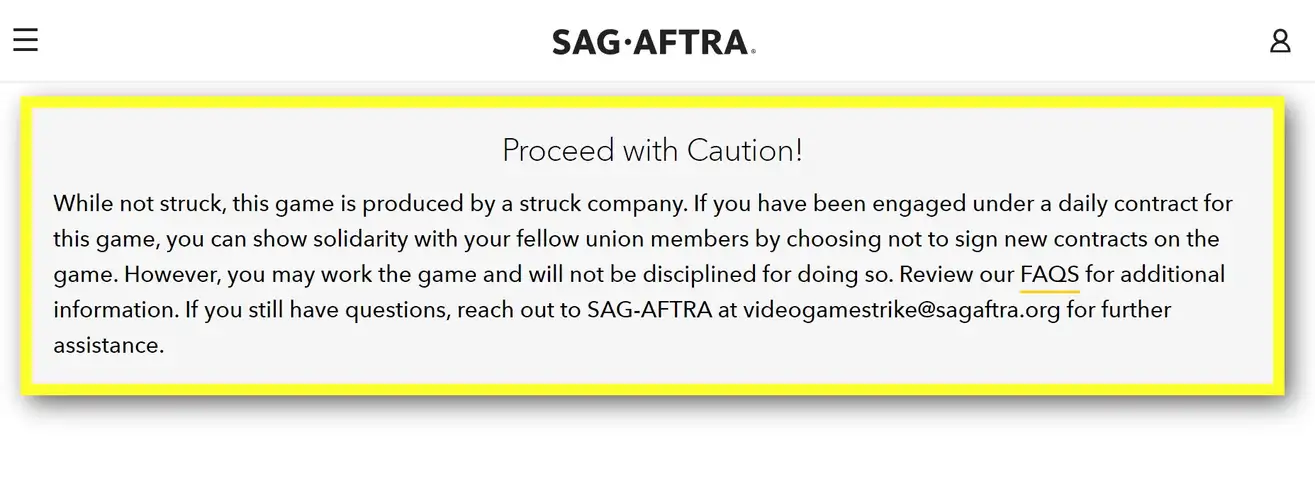
Game performers, which includes voice actors, motion capture artists, and others whose recorded work is used during production, went on strike in July after negotiations that lasted for more than a year broke down around the issue of AI protections. While the companies, including Epic Games, EA, and Activision, say they have offered meaningful concessions on the issue of generative AI, SAG-AFTRA maintains that the current proposals fall short of protecting some of their performances from being copied and duplicated using AI without disclosures or pay.
When SAG-AFTRA game actors last went on strike in 2016, it lasted for nearly a year, with some members turning down high-profile roles in upcoming games—like Ashley Burch’s ongoing performance in Life Is Strange—due to the work stoppage. While the strike will impact new games that recently went into production, or were planning to begin development later this year, many existing ones seem likely they will be able to continue as scheduled.
That’s also the case for live-service games, which seemingly includes Fortnite and Apex Legends. However, if the strike lasts more than 60 days, ongoing performance work on those games by SAG-AFTRA members would also come to a halt. Depending on how long it lasts, companies might either turn to scab labor to replace existing performers, or be forced to delay future content and projects.

